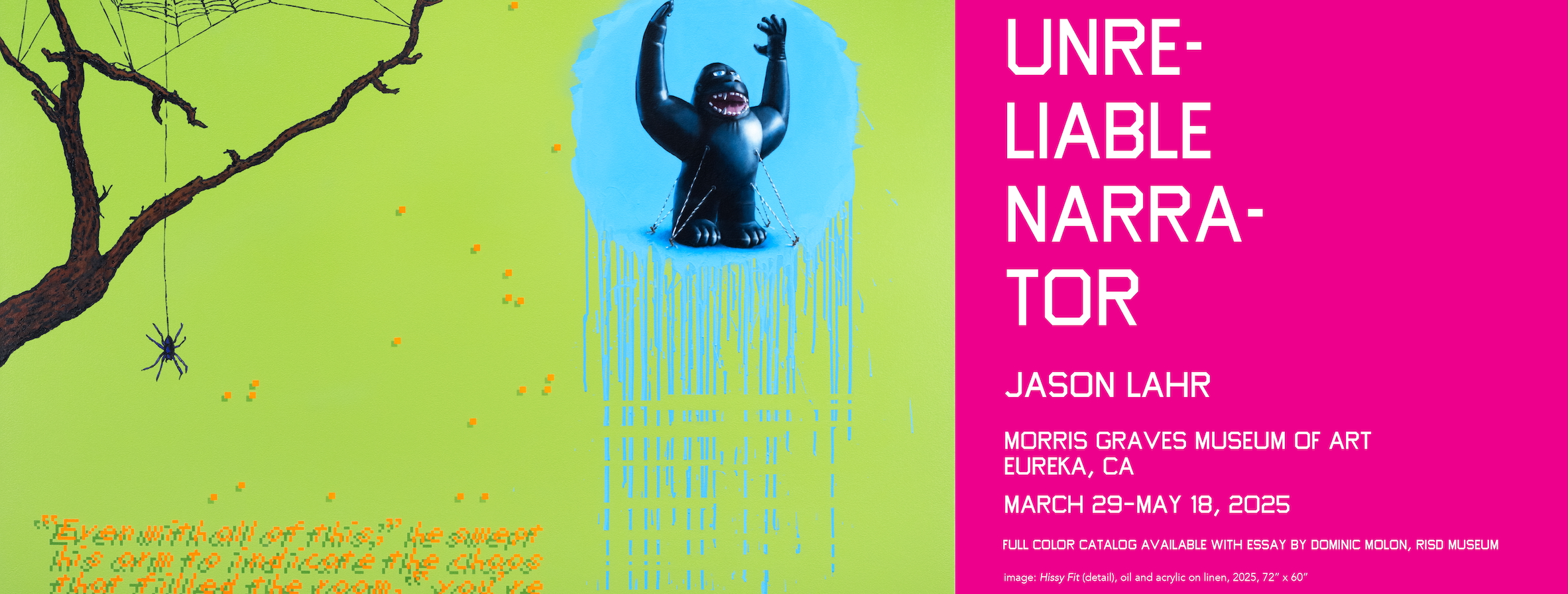Amidst a sea of baseball caps, tote bags, and round-rimmed glasses, Adrian Anderson, writer-director of Pomp & Circumstance (2023), remarked: “40% of people here would take a bullet for Mubi.” It was unmistakable that we were at 2220 Arts + Archives on day 2 of the Los Angeles Festival of Movies. Shuffling between screenings and milling around the lobby, I was struck by how familiar I was with the crowd, as if the same 10 to 15 people were going to each film. People who could comfortably tell you that they’ve seen a Straub-Huillet film but are just as likely to follow up the statement with “I wasn’t really in the right headspace at the time, I’d need to rewatch.” In a city dominated by the entertainment industry, it endlessly fascinates me how caring about independent, experimental, or formally daring films has coagulated into its own specific niche, which festival heads Micah Gottleib and Sarah Winshall have seized upon. Naturally, there did not seem to be any USC or UCLA film students in attendance.
My day started with the US premiere of LA-based artist and filmmaker Courtney Stephens’ Invention. Straying away from her previous documentary work, the film could be described as docu-fiction, following actress Callie Hernandez as she attempts to settle her eccentric, recently deceased father’s estate, deliberating whether or not to inherit the patent to his failed electromagnetic healing device. Despite being a transition into the world of fiction, I still saw parallels to Stephens’ previous features, specifically The American Sector (2020), which captures chunks of the Berlin Wall scattered throughout the US and the lives that surround them. While The American Sector saw the grafting of personal narrative onto a larger historical one, Invention sees the grafting of another, perhaps heavily fictionalized personal narrative onto archival footage. Interspersed throughout the film, we see real footage of Hernandez’s father on various morning shows as a crackpot inventor extolling the virtues of alternative healing—footage that Stephens and Hernandez revealed during the Q&A was taken out of context: he was a doctor and not an inventor. Part of the film’s mystique then becomes parsing through what is real and what is fake. Ultimately, what was authentic were the emotions of Hernandez, who utilized conspiracy as a way to process grief. As much as the film can lay claim to the designation of docu-fiction, it also follows in the footsteps of the very modern and very American innovation of cinematic autofiction, gesturing to those that came before via supporting roles from Joe Swanberg and Caveh Zahedi, whose appearances elicited visible gasps from the audience. However, what really moved me were the transitions between scenes, which captured a flickering candle and a restless body of water, as if to suggest there was a kernel of truth in something as seemingly fictitious and far-flung as vibrational healing.

Director Virgil Vernier.
Perhaps my first real discovery during the festival was Virgil Vernier’s Cent Mille Milliards (100,000,000,000,000), which had its West Coast premiere at 2220. The film follows a teenage male escort as he wanders around Monaco, lost in increasingly artificial environments while his body gets passed around by the ultra-rich, and eventually finds refuge during the Christmas season with a Serbian babysitter and a young girl whose parents practically own the country. Throughout the film, a famous Mark Fisher adage rang in my head: “It’s easier to imagine the end of the world than the end of capitalism,” a state that has become somewhat of a mantra for Gen Z, who have inherited a neoliberal world where any desire for actual material change is laughed off as an unrealistic pipe dream. Throughout the film, Vernier’s characters navigate a country that appears as a simulation, constantly destroying and reconstructing itself, as elegantly signified by imposing shots of cranes hanging in the air, fighting to stay afloat, and using their bodies as a means of survival as the only commodity they seem to have ownership of. What adds to the feeling of displacement is that every character appears to be descended from immigrants (at least in the traditional French imagination), a point I raised that Vernier responded quite frankly to, “Nobody lives in Monaco. Monaco is really a place for tourists. You just pass by. You just stay for a while, but nobody was born there, right? Like the old lady said, she can grow old very fast.” Adding to the feeling of impermanence are attempts by his characters to modify their bodies through artificial means of lip fillers and healing stones as if to forcibly impose a sense of change that appears outside of grasp, something Vernier touched on saying, “It’s very LA—the desire to be always young and beautiful, and because you sell your body to make a living. Sex work is about that.” A fascinating wrinkle to the film is how seemingly sex-negative it is, choosing to affirm rather than combat Gen Z’s neurotic fear of sex, with Vernier voicing his displeasure to see depictions of sex on-screen, something he perceives as a way to commodify the act. This notion is echoed through his focus on sex workers, “At the same time, sex is work, but it’s not pleasure, it’s not intimate. It’s just work, just a way of making a living.” When quizzed about whether he views how we engage with sex today with a level of cynicism, Vernier denied the sentiment and instead gave a direct answer, “We have started to realize this was a myth of sex as something liberating.” In the world of Cent Mille Milliards (100,000,000,000,000), which seems to constantly be on the verge of implosion, sexual freedom under capitalism ultimately appears as another pipe dream for Gen Z.
Capping off the night was the West Coast Premiere of Grace Glowicki’s Dead Lover, which Sarah Winshall described as “the closest thing LAFM had to a midnight movie.” Taking place on various black box soundstages and performed by four actors armed with various wigs and funny accents, Dead Lover is a raucous comedy following a gravedigger who resorts to the supernatural to revive her recently deceased paramour. Stuffed to the brim with gags—speed ramping, Tex Avery sound effects, prosthetics fingers, and the like—Dead Lover elicited the biggest reaction from the crowd, who yelped and squirmed in equal measure. The arrival of the film onto US soil via LAFM, as well as Sundance, signifies a formal coronation of the current Canadian independent scene colloquially named “The New Toronto Bizarre,” a term Dead Lover actor and co-writer Ben Petrie sheepishly acknowledged, remarking “I embrace my brothers and sisters often and passionately.” In recent months, Canadian indie exports have stuffed the screens of microcinemas throughout LA, becoming the fascination of the chronically online cinephile class with films from Nate Wilson’s The All Golden (2023) to Braden Sitter Sr.’s The Pee Pee Poo Poo Man (2024) to Petrie’s own The Heirloom (2024) which has a screening booked in the near future. When asked about what seems to be in the air up north, Petrie responded, “I would say that our country’s cinema is pretty bad when it’s trying to imitate America. It’s at its best when we embrace our position as a sideshow and play in that space. I think that the freedom of doing our own thing and not trying to be ‘Hollywood of the North’ creates the best work.”
While having a captive Canadian audience, I was able to air out something that has been plaguing me for the past few months: there’s a Canadian sound designer also named Matt Chan who keeps getting “Special Thanks” credits in these films, including Dead Lover. There are only so many times I can get a DM from someone saying that they spotted my name in the credits of Matt and Mara (2024), only for me to reply that I’ve never met Kazik Radwanski, Deragh Campbell, or Matt Johnson in my life, nor stepped foot in the beautiful city of Toronto. I was told that Canadian Matt Chan is “the best sound mixer in Toronto,” “the bomb,” and “the best.” For the sake of IMDb credit, I suggest one of us change our name. I can be “Matthew A. Chan”, taking after my actual middle name, “Augustus,” which I usually show off on my ID as a party trick, much to the bemusement of others, and maybe he can be “Matthew B.”





